Among adolescents, substance use is a tricky topic.
Although we often think of adolescence as a time for experimentation, substance use disorders are the most prevalent mental health disorders diagnosed in teenagers. The U.S. Department of Health and Human Services Substance Abuse and Mental Health Services Administration (www.samhsa.gov) states that, “Dependence on alcohol and drugs is our most serious national public health problem. It is prevalent among rich and poor, in all regions of the country, and all ethnic and social groups.” For most teens, alcohol is the substance of choice and easily accessible. It is often consumed through “binge drinking,” which is defined by having four or more drinks within two hours. Though for some smaller adolescents, two or more drinks may still be considered a binge.
Studies show that the adolescent brain is more susceptible to the allure of alcohol and other illegal substances including but not limited to tobacco/vaping (“juuling”), marijuana, cocaine, MDMA (“ecstasy/molly”), and opioids. When we pair drugs and/or alcohol with developing adolescent brains, we have a dangerous combination. Chronic substance use/abuse can lead to a myriad of cognitive, physiological, and mental health problems. Not to mention, cause significant family conflict and dysfunction.
It is not uncommon for adolescents to be exposed to alcohol/or other drugs as early as middle school. If you are parent or caregiver, it is normal to feel anticipatory anxiety about how to prevent and address your teen’s curiosities and/or interests in experimenting with alcohol and/or illegal substances, and how this may impact your teen’s success and future.
Counseling can help a family to identify whether substance use has become a problem for their teen. If so, it is key to teach the individual ways to cope with life stressors that do not include alcohol or other drugs. Our therapists and psychologists at Metta Psychology Group can also provide support for parents and family members, as well as make referrals to substance abuse treatment centers, if needed.
